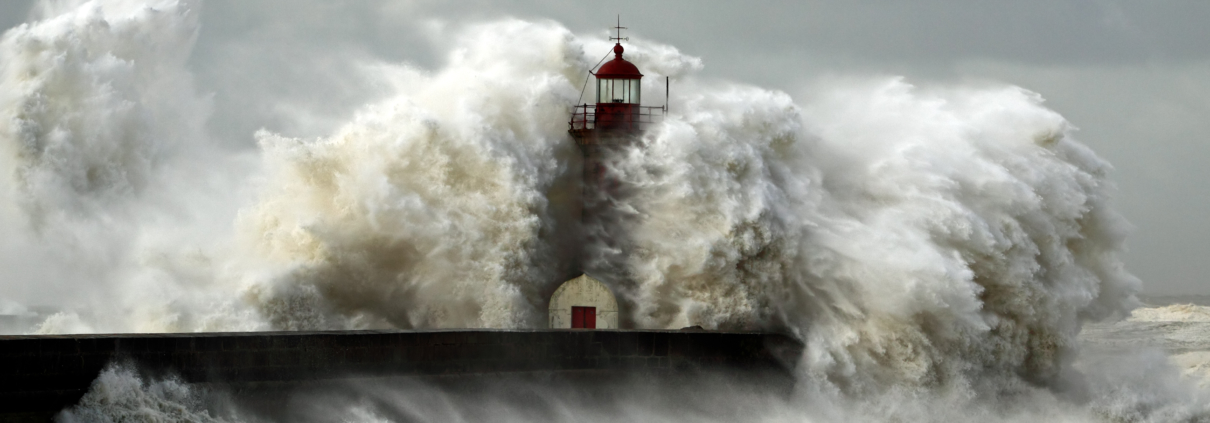What You Need to Know When Traveling During Hurricane Season
(August, 2019)
Travelers need to be particularly mindful of the weather in late summer and fall. The official hurricane season lasts from June 1st through November 30th, with the peak of the season from mid-August to late October. During this time, hurricanes and tropical storms can cause disruption to travel plans and bring unforeseen complications. While inclement weather is unavoidable, there are steps you can take to ensure that you are well-prepared for the potential obstacles it may bring.
Splurge on Travel Insurance
If there is a chance you will need to cancel or change your travel plans due to a storm, it’s always helpful to have travel insurance. This way, you can have some peace of mind that, if a hurricane does disrupt your trip, you will be covered.
Airlines will occasionally put out waiver codes to allow travelers to change their flights without penalty, or as an even-exchange, depending on the routing. In these cases, it’s important to check how much a “refundable” versus a “non-refundable” ticket will cost. The extra cost is often worth the ability to refund in case of weather.
Monitor Weather and Airline Apps
Download a weather app onto your phone before departing, and keep an eye on the forecast ahead of your trip so you know what to expect.
It’s also helpful to stay aware of your flight status. We recommend using Travel Incorporated’s Watch4Me® feature so you are notified with schedule or gate changes instantaneously.
If Caught in a Hurricane, Listen to Hotel Staff
When experiencing dangerous weather, one of the last places you want to be is an exterior-facing hotel room with large glass windows and no power or air-conditioning. Hotel staff will have a plan in place when these circumstances arise, and can direct you toward a safer interior area.
Be Prepared and Flexible
In the event of a hurricane, you should expect that your stay will be extended longer than originally planned. Prepare by bringing extra changes of clothes, toiletries, and cash so that, in the event power goes out and card readers don’t work, you’ll still have money on hand.
If possible, don’t check your bags. When flights are rescheduled or canceled, it’s easiest to have your belongings with you so they aren’t lost in the shuffle.




Leave a Reply
Want to join the discussion?Feel free to contribute!